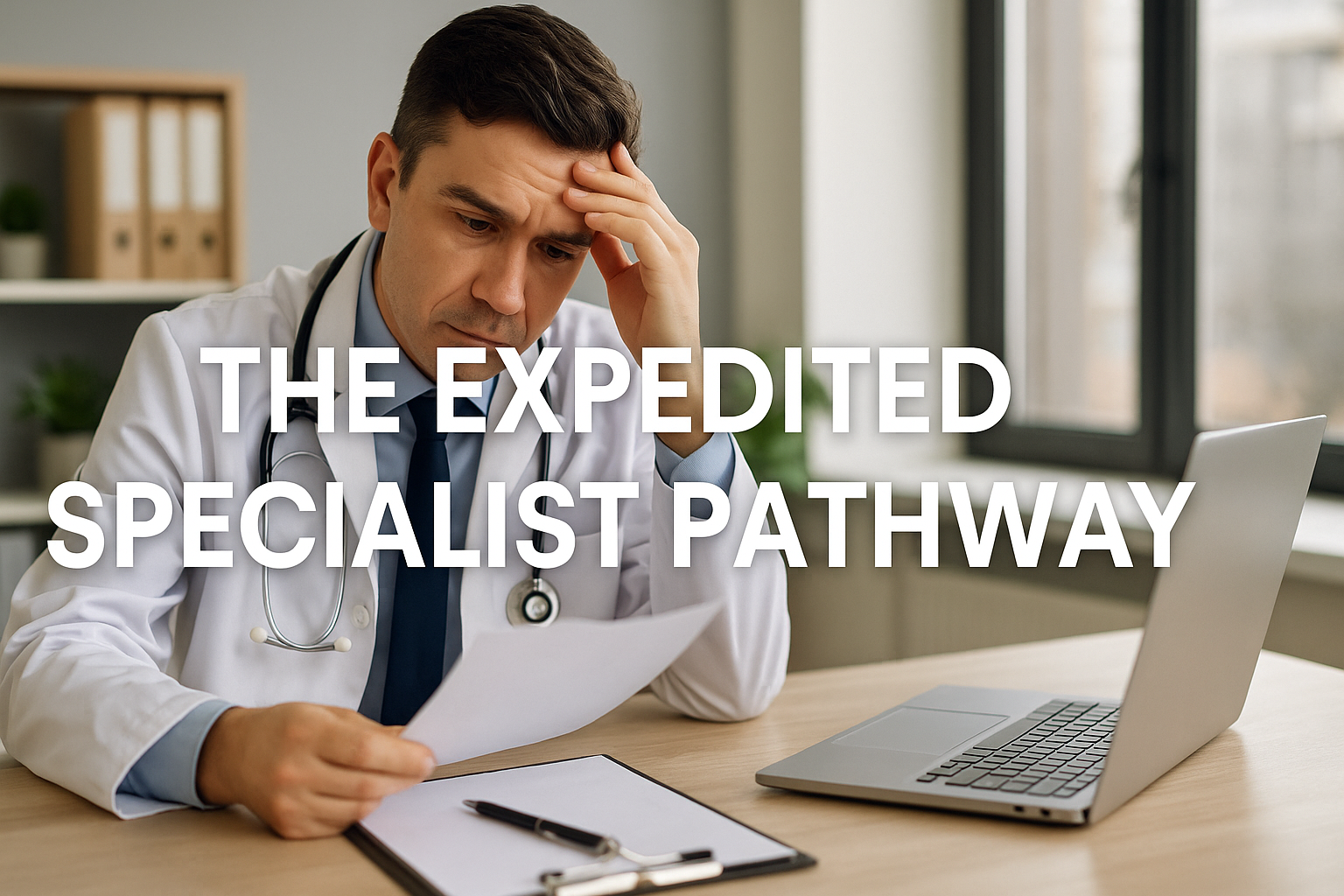What is a Rural Generalist
A Rural Generalist is a medical practitioner who provides comprehensive and specialised medical care to rural and remote communities. Rural generalists (RGs) are specialists trained in both general practice and another medical specialty, and their role is to meet the unique healthcare needs of rural and remote communities in Australia.
Qualifications and Training
To become a rural generalist in Australia, medical practitioners must have a primary medical degree and complete their post-graduate training in general practice, as well as an additional medical specialty. RGs receive specialised training through the Australian College of Rural and Remote Medicine (ACRRM) or the Royal Australian College of General Practitioners (RACGP). The ACRRM's training program is focused on developing advanced skills in general practice, emergency medicine, and another medical specialty such as surgery, obstetrics and gynaecology, anaesthetics, and paediatrics. On the other hand, the RACGP's program is based on comprehensive general practice training, including advanced skills in emergency medicine, mental health, aged care, palliative care, and Aboriginal and Torres Strait Islander health. RGs must also have experience working in a rural or remote location to complete their training.
Scope of Practice
Rural generalists are trained to provide comprehensive medical care in various settings, including general practice, emergency departments, hospitals, and community health centres. Their broad skillset and expertise allow them to diagnose and treat a wide range of medical conditions, including chronic illnesses, mental health conditions, and emergencies. RGs also perform procedures such as minor surgeries, anaesthetics, and obstetrics. They work in collaboration with other healthcare professionals, including nurses, allied health professionals, and specialists to provide a holistic approach to patient care. RGs also play a crucial role in improving the health outcomes of rural and remote communities by providing preventative health measures, health education, and advocacy.
Importance in the Australian Healthcare System
RGs are critical to the Australian healthcare system, particularly in rural and remote areas, where access to medical care is limited. Their comprehensive training and broad skillset enable them to provide much-needed medical services in areas where there may be a shortage of doctors or specialists. RGs can provide continuity of care for patients with chronic conditions, reducing the need for patients to travel long distances to access medical care. They are also trained to manage medical emergencies, reducing the need for transfers to tertiary hospitals. By providing medical services in rural and remote areas, RGs help to reduce the burden on urban hospitals and healthcare systems. The Australian government is implementing initiatives to address the issues of recruiting and retaining doctors in rural and remote areas, as well as improving access to medical care in these locations.
The role of rural generalists is crucial to ensuring the health and wellbeing of Australians living in rural and remote areas. By providing comprehensive medical services and collaborating with other healthcare professionals, they help to improve health outcomes and reduce the burden on urban healthcare systems. It is essential to recognise the valuable contribution of rural generalists and continue to support and invest in this profession to ensure the provision of high-quality medical care to rural and remote communities in Australia.









